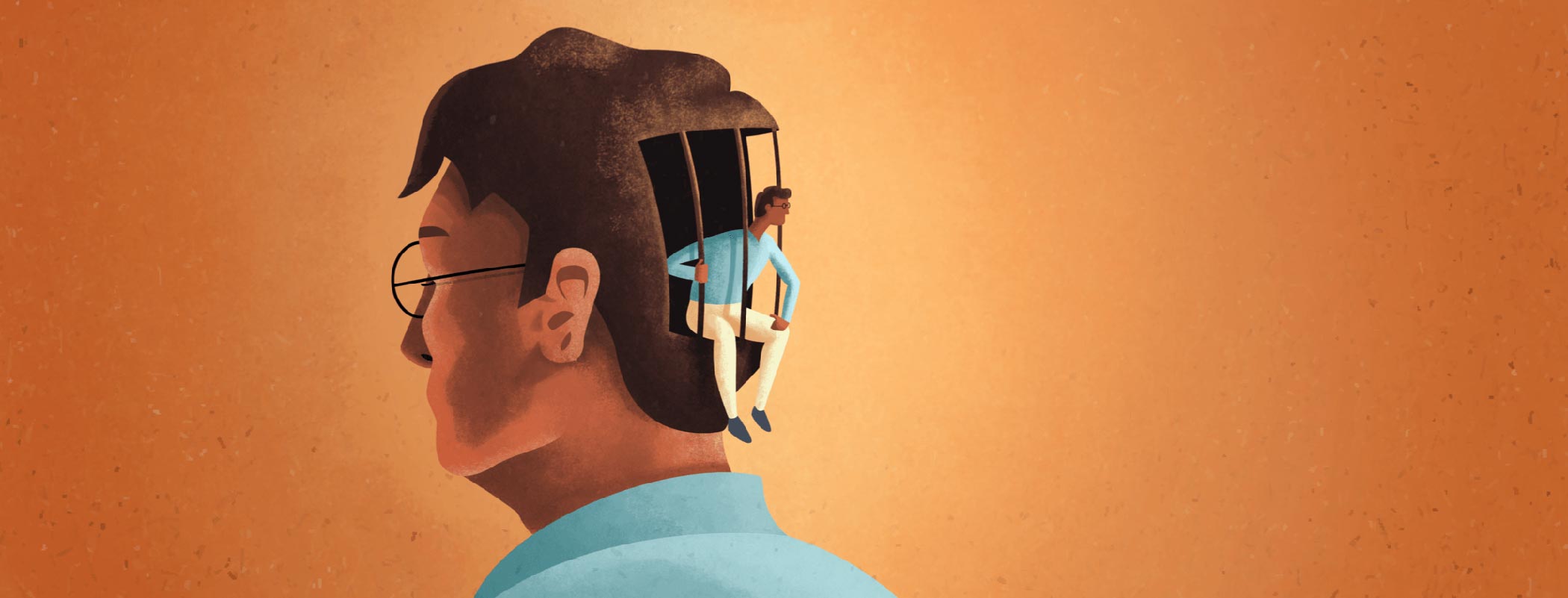The Psychosexual (Side) Effect
In this article, I would like to talk about a few of the not-so-commonly discussed issues that are related to prostate cancer. There are many journal articles written about the direct physical effects of prostate cancer treatments, which include urinary incontinence, bowel problems, and issues with sexual performance. But I would like to focus on the emotional and psychological side effects related to sexual health. I will conclude this article with a few solutions that some men have found helpful.
Let's start by saying erectile dysfunction (ED) can be a common side effect related to prostate cancer treatments. Some people may find it more distressing than other side effects, including urinary incontinence. So let's talk about the psychosexual changes related to issues with sexual health.
Masculinity and ED
In our society, a large part of how we view our manhood and masculinity is related to sexual conquests, performance, and self-esteem. So, when our “sexuality” is taken away due to an illness or medical treatments, what are we to do? This loss can have a profound effect on the emotional or psychological well-being of men, beyond the physical act of sex itself.1
There is the realization for people that a future sex life may be much different than their previous sex life, and that can affect their definition of manhood. Issues related to erectile dysfunction can include:1
- Sexual performance
- Anxiety about satisfying a partner and oneself
- Hesitation in initiating physical intimacy
- Feeling that sex is awkward and unnatural
- Relationships
- Awareness of loss of potential for sexual intimacy
- Upsetting absence of a sexual element in everyday interaction
- Sexual imaginings
- Distressing lack of physical or emotional response to attractive people
- Loss of a pleasant pastime: fantasizing about sexual intimacy
- Masculinity
- Diminished sense of oneself as a man
- Loss of a defining feature of manhood
Relearning sex?
As you can see, men can report a loss in physical sexual ability along with emotional impact and psychological doubts as well. Men may also report their sense of manhood is diminished. It’s my belief that sex therapy and "relearning sex" can be a benefit to people who report these feelings.
While I’m not a medical doctor, I commend the work they do to save lives and add more years to people's lives. Today, some doctors who treat prostate cancer also work with sexual therapists who help guide people to understand treatment options and the possible changes to their physical and psychological sexual response. Sexual therapists also offer options for better sexual activity and sexual health.
Without question, sexual therapy should be included as a part of a patient’s treatment. I think it's good for men with prostate cancer to remain sexually active, if possible, while adhering to their prescribed medical treatment.

Join the conversation